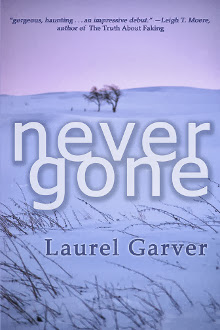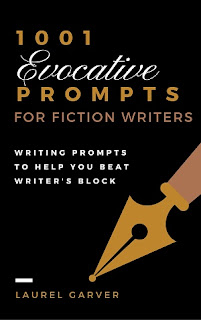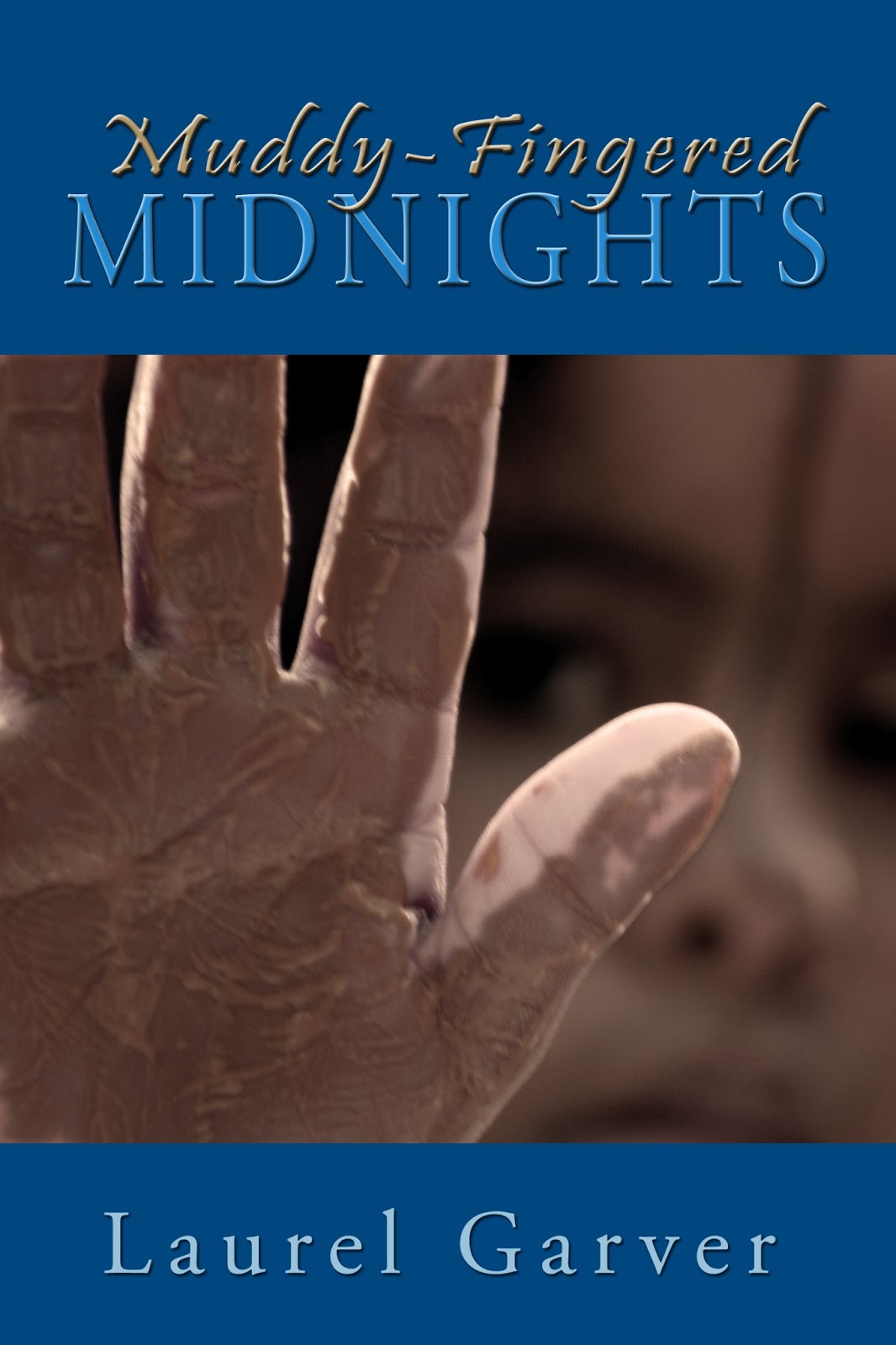I'm still collecting votes about my upcoming 202 followers contest. Once you fill out the widget at the top of the page and click "VOTE," it should give you poll results as a slide show after a 5-10 second delay. If you're having trouble using the thing (this might be a PC vs. Mac issue), you can also fill out the widget HERE (or so say the fine widget-creating folks at GlowDay).
I thought it might be helpful to clarify some of the possible answers also, since the widget limited the number of characters I could use.
Here's some clarification on question 3, "How should I select winners?"
1. Random drawing of followers
You do nothing. New followers each have one entry, existing followers have two.
2. Draw based on entries
You get extra chances to win by tweeting and linking on your blog.
3. Writing contest
You write something, I judge it. If this appeals, you can tell me more of what you'd like to submit in question 4.
4. Both 1 and 3
A two-part contest with multiple prizes, like I did with the Eleventy-one Contest. There'd be a random drawing based on luck, writing component based on skill.
5. Both 2 and 3
Again, a two-part contest with multiple prizes. Part one would be a drawing of the luckiest horn-tooter, part two, the most skilled writer.
Hope that makes sense!
Do you have other questions about this, or about grammar/usage? I'd love to do more "Editor-on-Call" posts, so don't be shy!
I thought it might be helpful to clarify some of the possible answers also, since the widget limited the number of characters I could use.
Here's some clarification on question 3, "How should I select winners?"
1. Random drawing of followers
You do nothing. New followers each have one entry, existing followers have two.
2. Draw based on entries
You get extra chances to win by tweeting and linking on your blog.
3. Writing contest
You write something, I judge it. If this appeals, you can tell me more of what you'd like to submit in question 4.
4. Both 1 and 3
A two-part contest with multiple prizes, like I did with the Eleventy-one Contest. There'd be a random drawing based on luck, writing component based on skill.
5. Both 2 and 3
Again, a two-part contest with multiple prizes. Part one would be a drawing of the luckiest horn-tooter, part two, the most skilled writer.
Hope that makes sense!
Do you have other questions about this, or about grammar/usage? I'd love to do more "Editor-on-Call" posts, so don't be shy!












